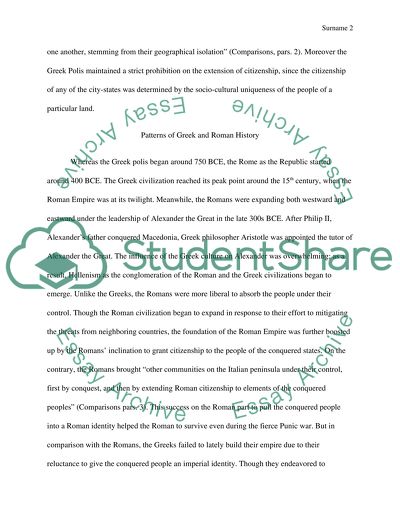Cite this document
(“The Greeks and The Romans civilizations Research Paper”, n.d.)
Retrieved from https://studentshare.org/english/1462124-the-greeks-and-the-romans-civilizations
Retrieved from https://studentshare.org/english/1462124-the-greeks-and-the-romans-civilizations
(The Greeks and The Romans Civilizations Research Paper)
https://studentshare.org/english/1462124-the-greeks-and-the-romans-civilizations.
https://studentshare.org/english/1462124-the-greeks-and-the-romans-civilizations.
“The Greeks and The Romans Civilizations Research Paper”, n.d. https://studentshare.org/english/1462124-the-greeks-and-the-romans-civilizations.


